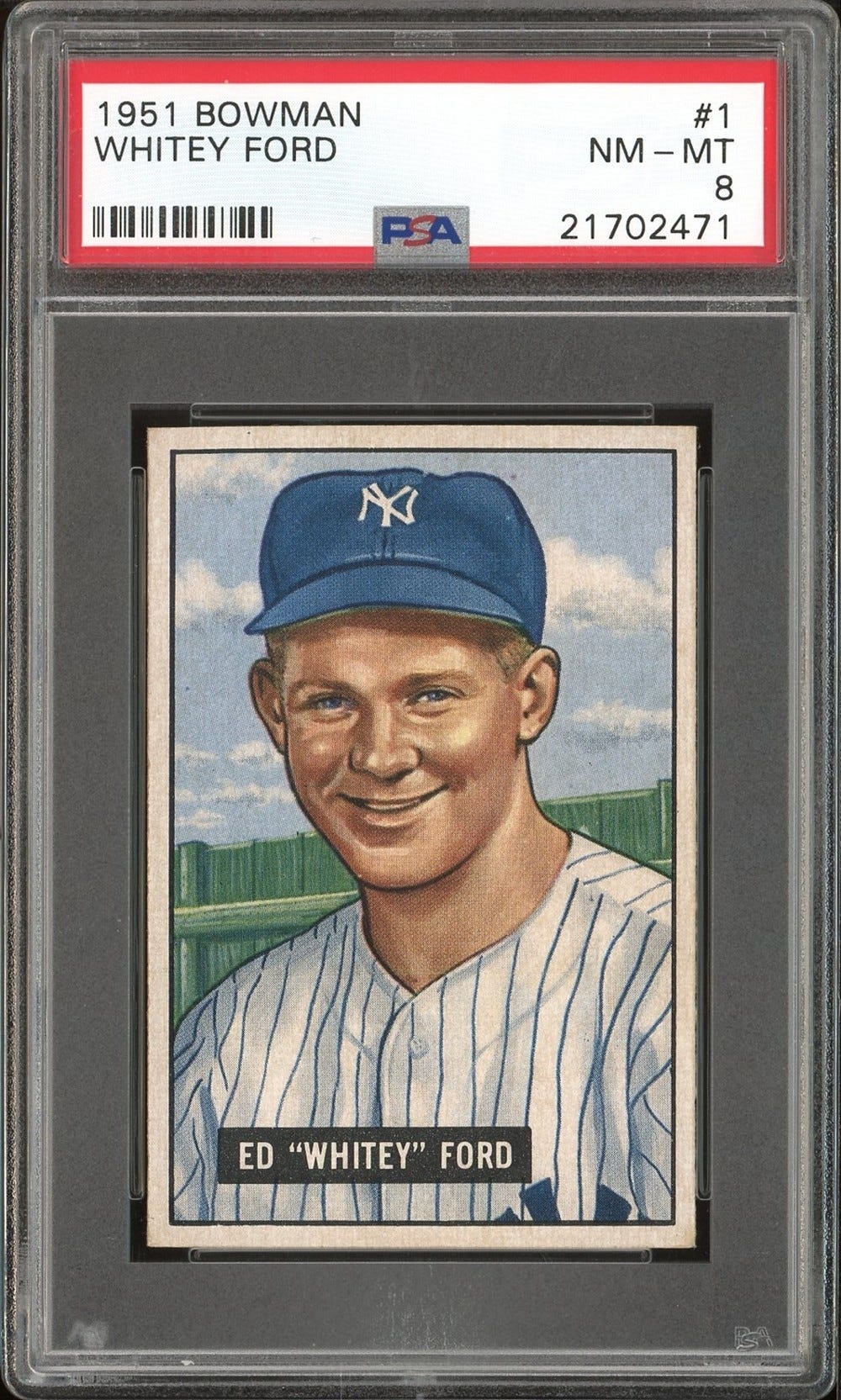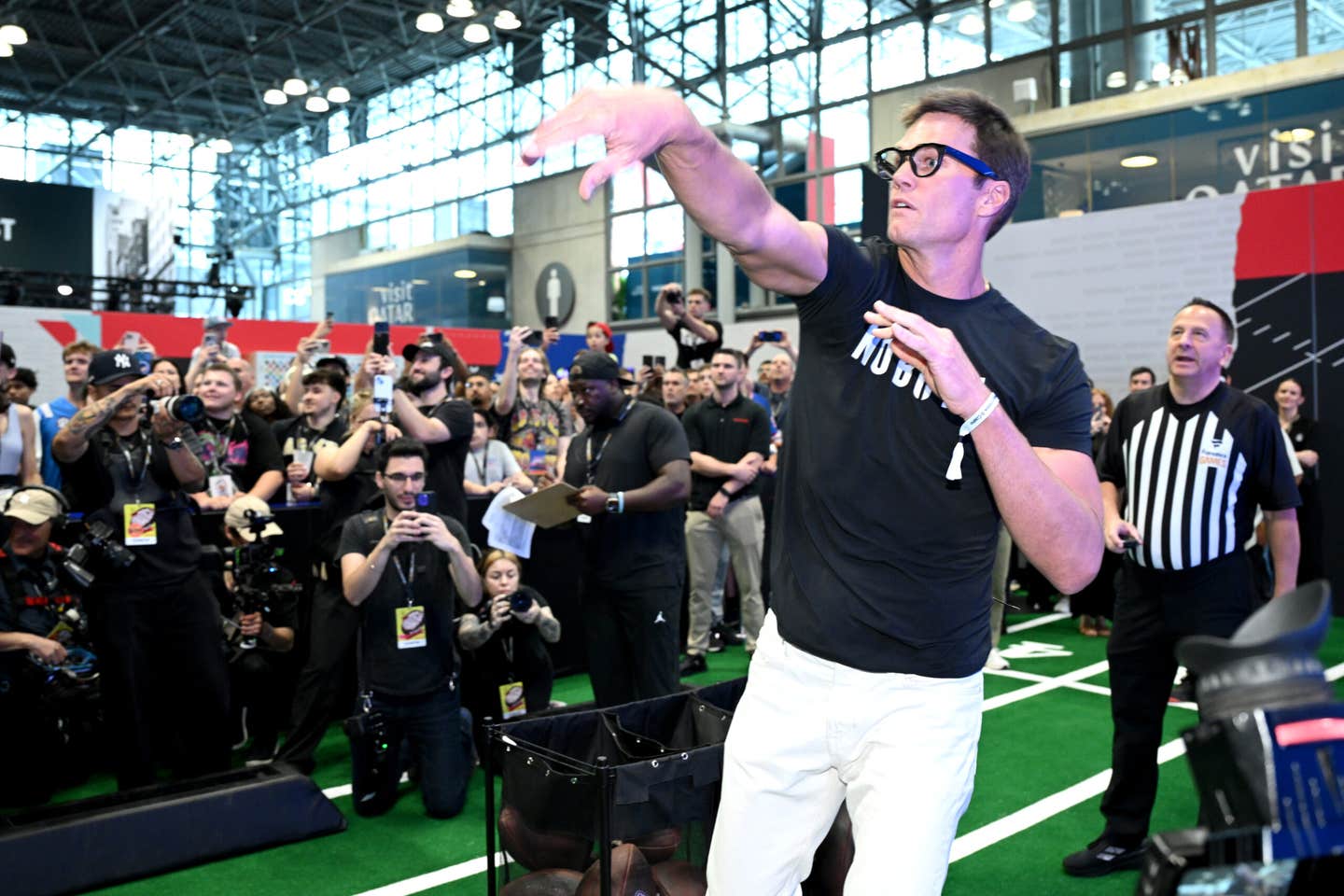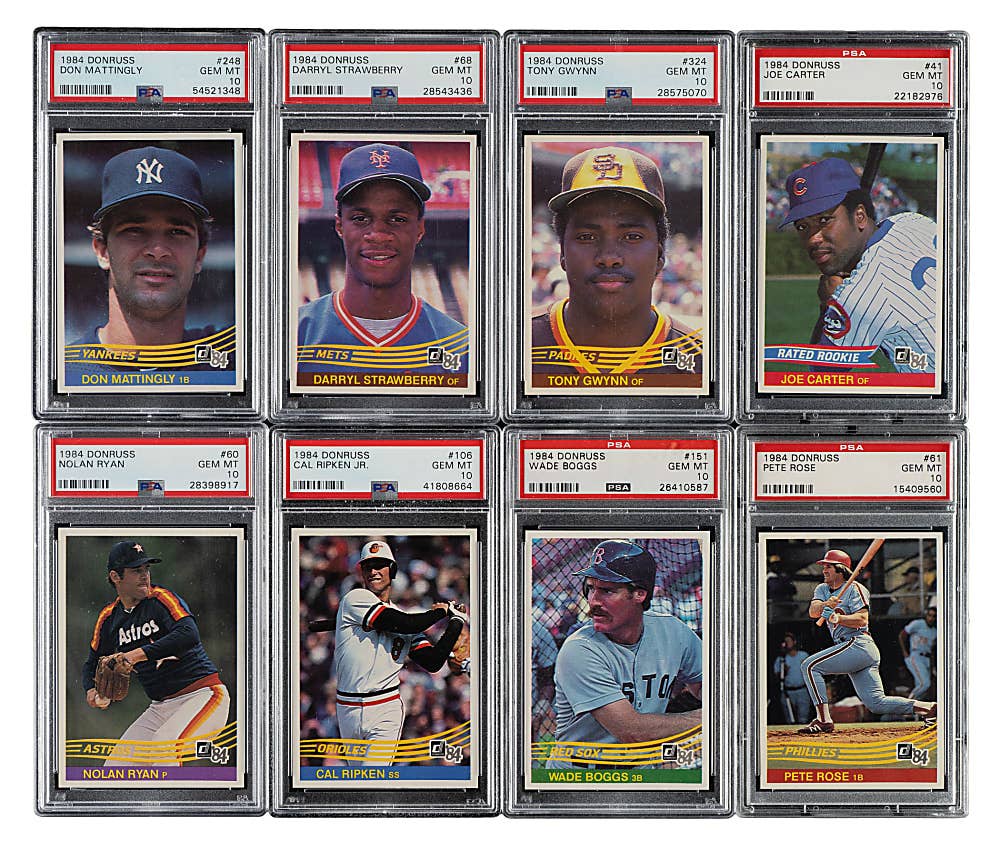News
Judge rules memorabilia card patents are invalid
One of the longest legal battles in the sports card industry isn’t officially over, but it took a big step toward conclusion this week when a judge declared a patent for memorabilia-based trading cards to be invalid. The decision came in a lawsuit that charged Upper Deck and Donruss with infringing the patent.
The patent holder, Adrian Gluck of California-based Media Technologies, has already announced plans to appeal the decision. The judge dismissed the patent infringement claim less than a month before the case was scheduled to go to a jury trial in which a significant financial judgment was sought by Media Technologies.
Officials at Donruss and Upper Deck declined to comment about the verdict.
The appeal process could take up to two years. Should the judge’s ruling hold up on appeal and the two card companies emerge victorious, it will mark the end of a contentious legal battle that dates back nearly a decade.
In 1994, Gluck, a former employee of Upper Deck, applied for two patents relating to the design of trading cards that feature a piece of memorabilia attached to the card. Approval for the patents was granted in 1998. In the meantime, the first trading cards to feature pieces of memorabilia hit the market in 1996.
By 2000, Gluck had sued every card manufacturer in the industry, both in the sports and non-sports category, alleging they were infringing on his patents. At one time, 10 manufacturers were involved in the litigation. Some of those companies went out of business, while the remaining companies reached settlements. Both Fleer and Topps settled the case prior to looking for prospective new owners.
A key turning point in the case came in 2004, when the four remaining defendants in the case petitioned the U.S. Patent office to re-examine the patents, contending that the patents were invalid because there had been examples of memorabilia-based trading cards on the market prior to Gluck’s patent. One of the key examples cited was a Marilyn Monroe card produced by Sports Time in 1993, featuring a piece of a diamond attached to a card picturing Monroe.
Under the law, a patent can be ruled invalid if “prior art” would have rendered the patent obvious to someone of “ordinary skill” in the respective field of endeavor. Gluck argued that none of the prior art examples cited by the card companies were sports related, and some weren’t even trading cards, thus making them irrelevant to the case.
The Patent Office continued to uphold the validity of the patent after the re-examination earlier this year. Then, a Supreme Court ruling in another patent infringement case gave a more clear precedent as to how prior art should be examined to determine if the idea claimed in a patent was obvious.
By virtue of that ruling, the strength of the Media Technologies case had been dramatically weakened. In this week’s ruling, U.S. District Court judge Alice Marie Stotler ruled that both of Media Technologies patents were invalid based on the examples of prior art cards referenced by the card companies which qualified as obvious examples of what could be created by using similar techniques and applying them to sports-based memorabilia cards.








